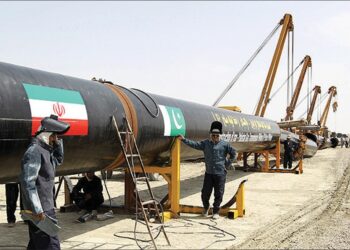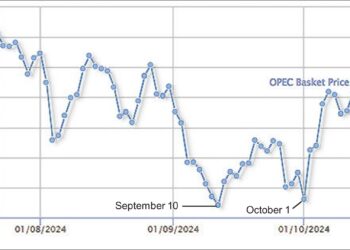November 01-2013
The European Union is moving to re-impose sanctions on Iranian banks and businesses, despite a series of EU court decisions that said the sanctions on many of the firms were not lawful.
The Wall Street Journal said the EU planned to use new legal bases for imposing sanctions, in effect sidestepping the court decisions.
The court decisions said the EU had failed to provide sufficient evidence linking many of the sanctioned firms to Iran’s nuclear program. The EU does not want to show the court—and the defendant, Iran—the evidence it has because that could reveal how it collected intelligence on Iran.
The court also said the EU had failed to give the Iranian firms the opportunity to rebut and reply to the EU’s original sanctions. So, The Wall Street Journal reported Monday, the EU has now sent letters to more than a dozen Iranian firms telling them what it plans to do and why, and asking if they wish to try to rebut that.
For example, The Journal said it had been showed the letter that went to Persia International Bank PLC in London. It said the EU planned to sanction it because it is wholly owned by Bank Mellat and Bank Tejarat, both of which are sanctioned for helping Iran’s nuclear program.
Diplomats told Reuters the EU member states agreed last week to tell the Islamic Republic of Iran Shipping Lines (IRISL) and some of its subsidiaries that they would again be placed on the sanctions list, which would freeze their European assets and bar them from doing business in the EU.
“We will give notice to the companies that if they have information that would affect the decision, they should submit it. It is a notice,” one EU source told Reuters.
The General Court, the second highest in the EU, has decided in several cases that the EU failed to provide sufficient evidence linking the companies to Iran’s nuclear work to justify sanctions. It ordered the sanctions lifted, although the EU can appeal to the EU’s highest court.
Diplomats in Brussels are keen to portray any possible new listings of previously targeted companies as a technical issue, not a new push to increase economic pressure on Iran. They emphasize that the EU is not imposing new sanctions in the middle of talks with Iran but just making sure the existing sanctions don’t erode during the talks.
The EU has in the past appealed against cases of sanctions that have been quashed, for example after the General Court overturned sanctions on Bank Mellat and Bank Saderat, among the biggest private lenders in Iran, earlier this year.
But diplomats say a growing body of litigation makes it difficult to find legal bases for appeals, complicating Europe’s effort to exert economic pressure on Iran.
“There is no chance for the appeals to win,” one EU diplomat told Reuters.
It isn’t clear if the EU lawyers expect the new system for imposing sanctions to work or if they expect the courts will strike down the new ones—but are buying time to see if the talks with Iran produce an agreement.

















